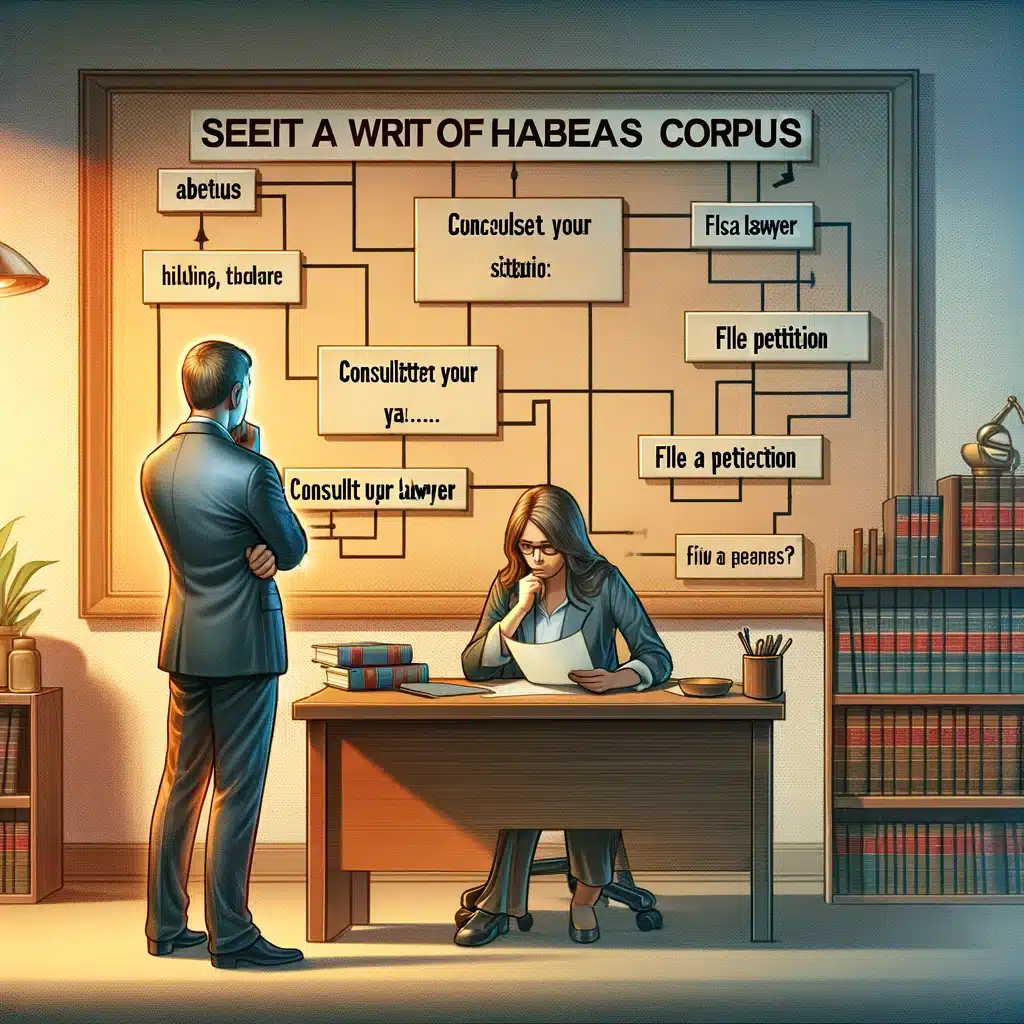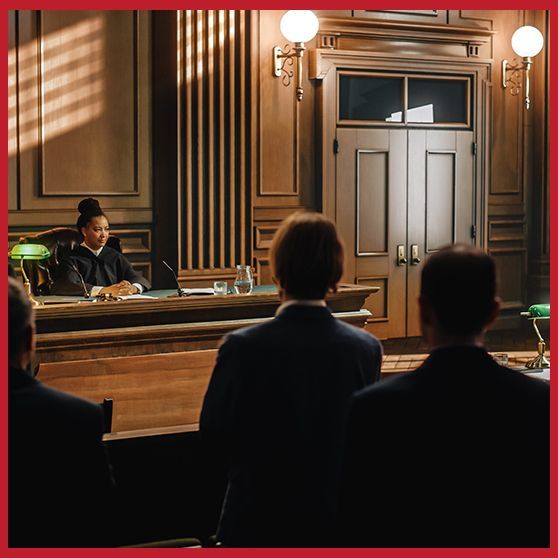Professional Attorney Insights on the Relevance of Habeas Corpus
Wiki Article
Recognizing the Function of a Post-Conviction Lawyer in Looking For Justice After a Criminal Conviction
In the facility landscape of post-conviction legal procedures, the function of a post-conviction legal representative is crucial in browsing the path to justice after a criminal sentence. Beyond the boundaries of a test, these legal professionals involve in a complex approach targeted at revealing new evidence, tough legal errors, and supporting for their clients' rights. The intricacies of post-conviction work call for a mix of legal acumen, investigative abilities, and calculated believing to unravel the intricacies of a case and pursue opportunities that might have been overlooked or underexplored. As the quest of justice expands past the confines of first proceedings, the duty of a post-conviction attorney becomes a sign of expect those looking for to rectify oppressions and reclaim their civil liberties within the legal system.Post-Conviction Lawyer's Investigatory Job
Post-conviction legal representatives take part in careful investigative job to uncover new evidence, step-by-step mistakes, or misbehavior that might potentially cause rescinding a sentence. This investigative phase is crucial in the post-conviction procedure as it aims to determine any type of neglected details or legal missteps that may have affected the outcome of the first test. Post-conviction attorneys look into instance documents, witness statements, and lawful paperwork with a fine-tooth comb, looking for any type of discrepancies or irregularities that might be premises for appeal.
Via extensive examination, post-conviction legal representatives aim to drop light on prospective injustices that may have occurred during the original trial. By inspecting every facet of the legal procedures, post-conviction lawyers work relentlessly to reveal any kind of variables that may have affected the decision.
Crafting Appeals and Petitions
In the search of justice after a sentence, experienced attorneys diligently craft charms and requests to existing engaging disagreements for the reconsideration of legal decisions. Crafting charms and petitions requires a deep understanding of the legal system, attention to information, and critical reasoning. Post-conviction legal representatives examine test documents, recognize possible mistakes or infractions of legal rights, and establish legal arguments to test the sentence or sentence.When crafting an appeal, legal representatives concentrate on highlighting lawful mistakes that may have affected the outcome of the case. They research instance regulation, statutes, and legal precedents to support their debates. Applications, on the other hand, may involve offering brand-new evidence that was not offered during the trial or showing modifications in the law that warrant a testimonial of the conviction.
Furthermore, post-conviction lawyers must abide by strict step-by-step policies and due dates when submitting charms and petitions. They need to provide their debates plainly and persuasively to convince the court to give alleviation to their clients. Via careful crafting of appeals and applications, post-conviction attorneys strive to safeguard justice for individuals that have actually been wrongfully convicted or unjustly punished.

Going After Post-Conviction Alleviation
Post-conviction alleviation includes an array of lawful mechanisms made to test the validity of a sentence or sentence. Post-conviction attorneys play an essential duty in navigating these complex procedures, making certain that all lawful alternatives are checked out to rectify oppressions that may have happened during the trial or sentencing stage.One usual type of post-conviction relief is submitting an application for post-conviction relief, usually based on cases of inadequate assistance of counsel, prosecutorial misconduct, newly uncovered proof, or constitutional offenses. Experienced post-conviction lawyers possess the abilities and knowledge necessary to identify viable legal claims, conduct examinations, and present engaging debates to safeguard alleviation for their customers.
Making Use Of Forensic Proof
When testing a conviction or sentence, the tactical usage of forensic evidence can be a powerful tool in post-conviction legal proceedings. Forensic evidence encompasses a wide variety of clinical strategies utilized to check out criminal offenses and develop realities in court. Post-conviction legal representatives can take advantage of forensic evidence to challenge the validity of sentences by offering brand-new scientific findings that were not readily available during the original trial.
Taking Part In Sentence Modifications
Post-conviction attorneys may check out the possibility of sentence modifications as a legal avenue to deal with out of proportion or unjustified sentences passed on in criminal instances. Sentence alterations entail looking for modifications to the terms of a defendant's sentence after a conviction has taken place. These modifications can include lowering the size of a sentence, changing the sort of punishment imposed, or exploring different sentencing alternatives.Post-conviction legal representatives can seek sentence alterations through numerous legal mechanisms, such as submitting activities for sentence decrease, appealing for thoughtful launch, or discussing plea offers for decreased sentences. They should very carefully evaluate the situations of the case, evaluate the lawful grounds for looking for an alteration, and existing compelling debates to the court supporting the demand for a revised sentence.
Participating in sentence adjustments calls for a thorough understanding of criminal regulation, sentencing standards, and the particular treatments associated with seeking post-conviction alleviation. Post-conviction attorneys play an essential duty in supporting for fair and simply results by tough sentences that are unduly severe or do not straighten with the principles of justice.
Verdict
In final thought, the duty of a post-conviction lawyer is critical in seeking justice after a criminal sentence. Via investigative job, crafting reference appeals and requests, seeking post-conviction relief, using forensic proof, and taking part in sentence alterations, these legal experts play a vital function in supporting for their customers and making sure that their civil liberties are supported within the criminal justice system. Their devotion and expertise are vital in browsing the complexities of post-conviction proceedings and accomplishing a reasonable end result for individuals facing criminal sentences.Report this wiki page